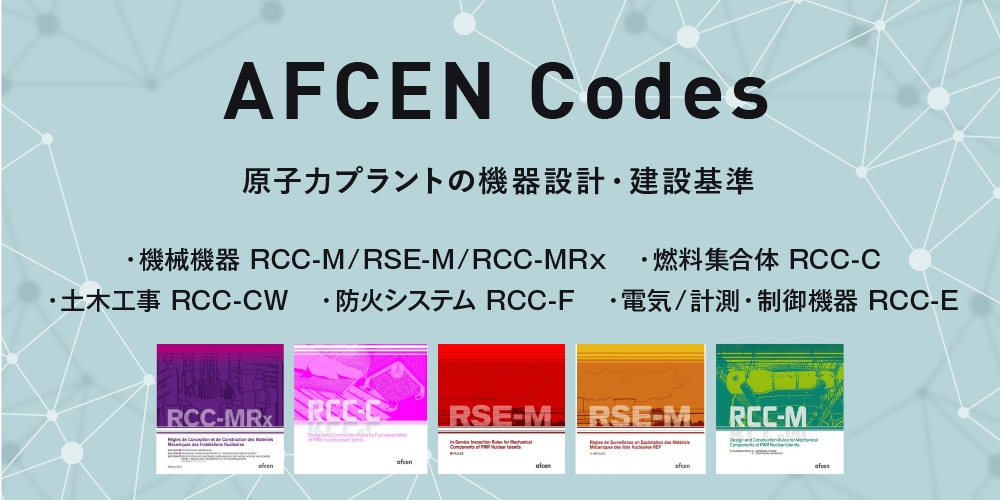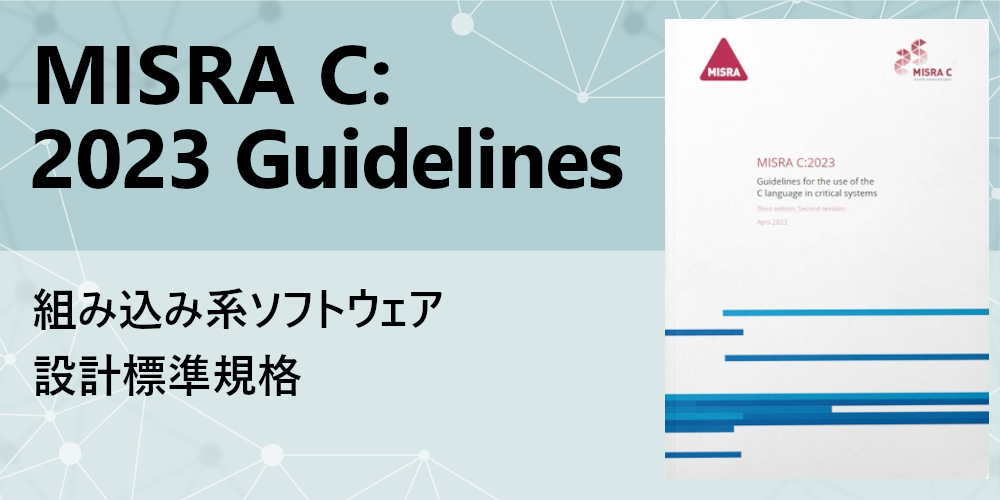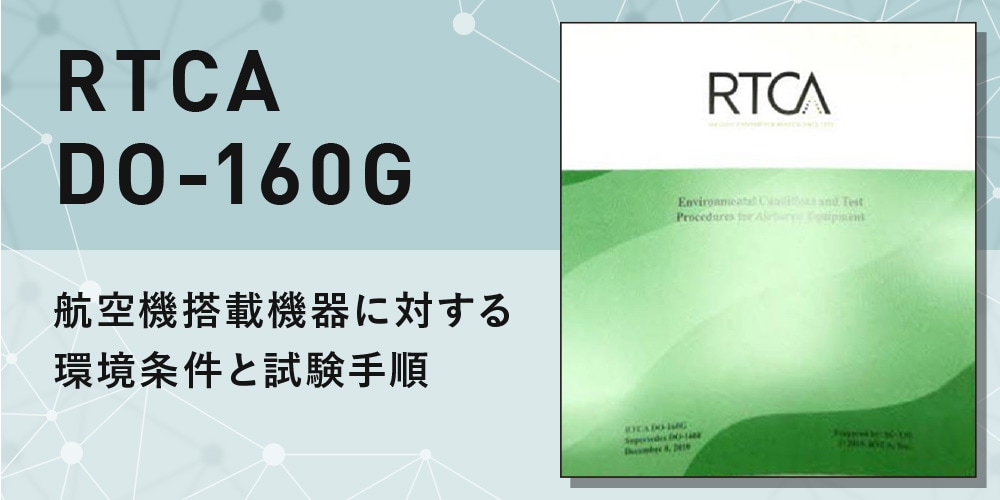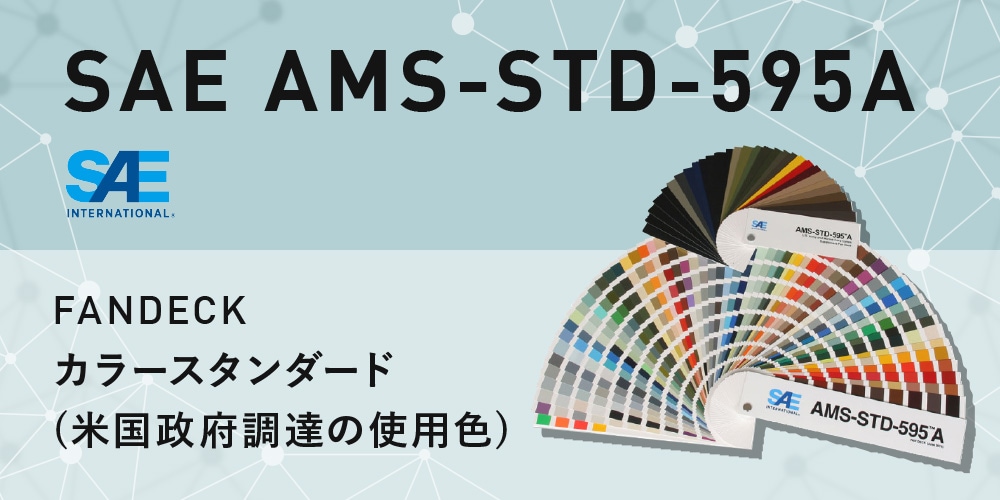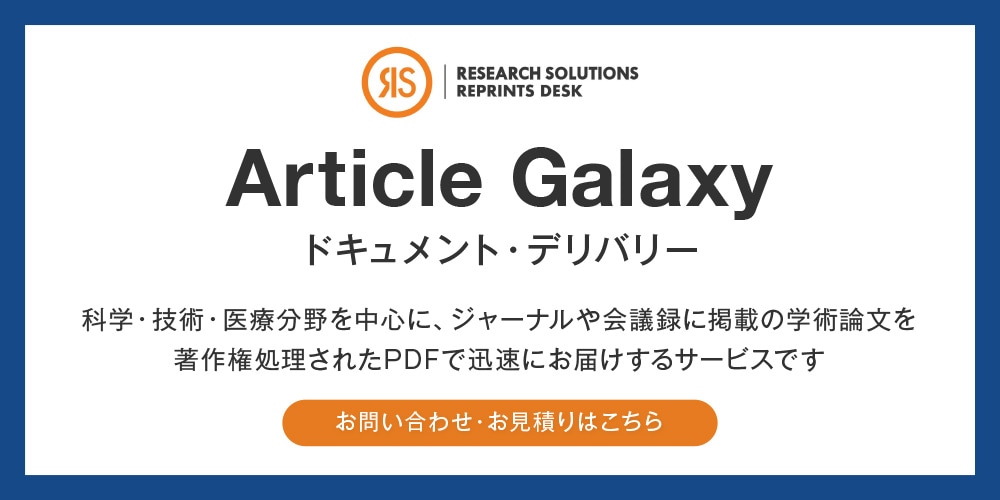Personality Assessment Inventory (PAI), 人格評価調査
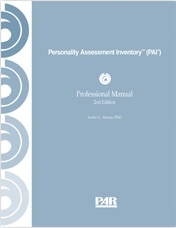
Personality Assessment Inventory (PAI) (PAI Comprehensive Kit)
数量
Age range: 18 to 89 years
Admin: Individual or group
Admin time: 50-60 minutes to administer; 15-20 minutes to score
Scoring time: 20 minutes
Qualification level: C
※本商品をご購入いただくにあたり、Qualification Formへご記入していただくことになっております。予めご了承下さいますようお願い申し上げます。
Description
An objective inventory of adult personality, the PAI assesses psychopathological syndromes and provides information relevant for clinical diagnosis, treatment planning, and screening for psychopathology. Administration time is shorter than that for similiar instruments.
Features and benefits
- Unique, efficient scale structure. All 22 scales are nonoverlapping, promoting high discriminant validity. Scale development was content-driven.
- Fast, cost-effective administration. Clients generally complete the 344 items in less than an hour.
- Can be used with low-reading level populations. The PAI requires only a 4th-grade reading level; an audio administration CD is also available.
- No scoring keys needed. A two-part carbonless Answer Sheet provides scores for all 344 items.
- Hand-scoring is fast and easy. Scales and subscales can be hand-scored in only 15-20 minutes.
- Provides strategies for interpretation. The Professional Manual includes an expanded discussion of administration considerations and a variety of strategies for the interpretation of clinical data.
- Portable materials. The handy PAI Administration Folio provides a hard surface for both the Item Booklet and Answer Sheet for situations in which no desk or tabletop is available.
Test structure
The 344 PAI items constitute 22 nonoverlapping scales covering the constructs most relevant to a broad-based assessment of mental disorders: four validity scales, 11 clinical scales, five treatment scales, and two interpersonal scales. To facilitate interpretation and to cover the full range of complex clinical constructs, 10 scales contain conceptually derived subscales.
- Clinical scales provide critical diagnostic features of 11 important clinical constructs. These 11 scales may be divided into three broad classes of disorders: those within the neurotic spectrum, those within the psychotic spectrum, and those associated with behavior disorder or impulse control problems.
- Treatment scales indicate potential complications in treatment. These five scales include two indicators of potential for harm to self or others, two measures of the respondent’s environmental circumstances, and one indicator of the respondent’s motivation for treatment.
- Interpersonal scales provide valuable information regarding the client’s relationships and interactions. Interpersonal style is assessed along two dimensions: a warmly affiliative versus a cold rejecting style, and a dominating/controlling versus a meekly submissive style.
- Two scales assess pathology. The Borderline Features scale is the only PAI scale that has four subscales, reflecting the factorial complexity of the construct. The Antisocial Features scale includes three subscales: one assessing antisocial behaviors and the other two assessing antisocial traits.
- Critical Items form alerts you to issues that require immediate attention. This form lists 27 items (distributed across nine content areas) that suggest behavior or psychopathology that may demand immediate attention. They are identified as critical based on two criteria: indications of a potential crisis situation and a very low endorsement rate in normal individuals.
Technical information
- Reliability and validity are based on data from a U.S. Census-matched normative sample of 1,000 community-dwelling adults, a sample of 1,265 patients from 69 clinical sites, and a college sample of 1,051 students.
- Because the PAI was normed on adults in a variety of clinical and community settings, profiles can be compared with both normal and clinical populations. Reliability studies indicate that the PAI has a high degree of internal consistency across samples—results are stable over periods of 2-4 weeks (median alpha and test-retest correlations exceed .80 for the 22 scales). Validity studies demonstrate convergent and discriminant validity with more than 50 other measures of psychopathology.
Supplemental components make PAI use even easier
- A separate screener, the Personality Assessment Screener® (PAS®), saves you time and money by quickly identifying individuals who may be free from acute pathology and provides rapid, efficient screening for 10 distinct clinical problem domains.
- The PAI Software Portfolio (PAI-SP) provides unlimited comprehensive, useful, and accurate 10- to 15-page PAI Clinical Interpretive Reports or 2- to 4-page PAS Score Reports.
- The PAI Audio Administration CD-ROM can be used with individuals who have limited reading skills or who might otherwise benefit from an audio presentation of the PAI. The CD includes a 7-second delay for each item to allow the client to mark his or her response on the PAI Hand-Scorable Answer Sheet.



